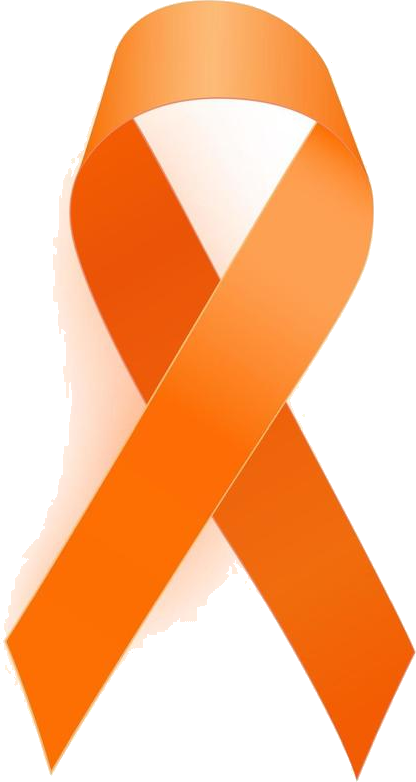The Specialist in Allergology and Clinical Immunology must have acquired theoretical, practical, scientific
and professional knowledge in the field of: pathophysiology, clinical, therapeutic and prevention of
immunological and/or allergological pathogenic diseases.
Educational objectives
-Acquire advanced knowledge of the organization of the immune system, its functioning and the effects of the disease on the development of immunological and allergological diseases;
-To know the symptoms and clinical-functional signs of immunological and allergological diseases in children and adults;
-To define the prognosis and plan the therapy acquiring the general knowledge of pharmacotherapy in the main diseases to immuno-allergic pathogenesis;
-To know the pathogenic mechanisms and immunological implications in the course of major infectious diseases, including HIV pathology.
-To acquire the clinical and technical knowledge relating to the diagnosis of immuno-allergic pathogenesis diseases and the ability to apply them correctly.
-To acquire the technical and practical skills for advanced immunological, allergological, serological and cellular diagnostic methodologies in vivo and in vitro. -
-Acquire theoretical, scientific and professional knowledge in the field of Internal Medicine.
-Know how to assess the pathophysiological and clinical connections between problems in the immuno-allergic field and problems of other organs and systems; participate in clinical activities involving contributions from internal medicine, dermatology, gastroenterology, pathological anatomy, haematology, paediatrics, pulmonology, infectious diseases.
-To know the rules of good clinical practice and apply them in controlled clinical trials.
Educational network
The training network provides for the rotation of first-year specialists in the departments of Internal Medicine and Emergency Medicine of the Hospital-University Policlinico Umberto I and Internal Medicine of the Hospital Sandro Pertini, in order to acquire knowledge of management of the most common internal pathologies, even in emergency conditions. From the second year onwards, the students carry out rounds in the Day Hospital facilities of Immunological and Rheumatological and in the following clinics: Adult and Pediatric Allergology, clinical immunology, intrheumatology, pneumology and infectious diseases surgeries. They also carry out rounds in the laboratories of Clinical Pathology for Immunology and in the laboratories of advanced immunological diagnostics.
Teaching activity
The students participate actively in the research activities carried out at the clinical facilities belonging to the School of Specialization. They also participate in scientific congresses of national interest and they present of abstracts related to the research activity carried out during their rounds.
Internationalization
Upon request, the students can carry out experiences abroad as part of a research project proposed by the student in collaboration with the Italian and foreign institutions with which the Specialisation School collaborates.
Student’s representation
All the students have the opportunity to interact directly with the teachers. The representatives (one per year) contribute to the coordination with the Director of the School regarding shifts, rotations, organization of lessons and journal clubs.

